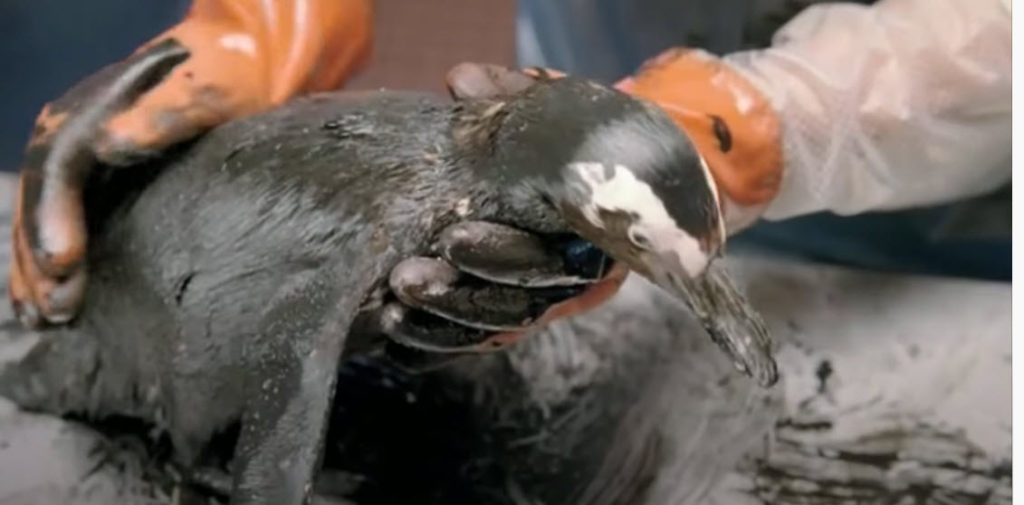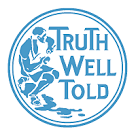Strategy Must Be Interesting.
The foundation of What’s The Idea?, the eponymous brand consultancy attached to this blog is strategy. It is about a particular framework that organizes product, experience and messaging. Brand strategy is binary. You are either off or on.
The fuel for brand strategy here at What’s The Idea? is “proof.” Or evidence. Proof is tangible. It builds conviction. If I say my cleaning liquid cuts grease better than competitors I need to explain what a surfactant is. And how it works. That’s what Dawn Dishwasher Detergent has done so well. For me, the duck befouled by an oil spill, cleaned by Dawn, was the perfect demonstration of proof.
But here’s thing. Proof and evidence by themselves are great in a science project. But they are not necessarily compelling theater. That’s why the creative side of the business is so, so important. It’s why we need writers and designers. It’s why we need smart creative directors. Strategy must be interesting or it lies fallow.
To build your brand properly, you need a motivating strategy then you need to land that strategy with brilliant, on-piste creative. It’s a time-tested formula.
Peace.





